Importance of fitness and exercise for people with disabilities
Exercise is something of a buzzword in today’s modern society, and with good reason. The benefits of exercise can be experienced by everyone, even those with a disability.
written by
Venesha Moodley,
Clinical Educator
(B. OT, Postgrad Cert in Clinical Rehab)
The well-being and quality of life of all individuals is impacted by their participation in activities of daily living, including their participation in active physical leisure and recreational activities. Individuals with disabilities typically experience greater challenges participating physically active leisure and recreational activities which are often hindered by available resources such as time, funding, and proximity to available social programs. Opportunities to participate in physically active leisure and recreational experiences is now recognised through legislation and is considered a ‘right’ for all individuals with disabilities.
The use of assistive technology equipment provides opportunities for participation in physically active leisure and recreational pursuits for people with disabilities and contributes to improvements in the physical, psychological, and social well-being of the user as indicated below:
Physical:
- Improvements in bone health, range of movement, balance and coordination.
- Benefits fitness and endurance.
Psychological:
- Enhances learning experiences.
- Provides freedom of choice and control over their ability to participate in recreational and leisure activities.
- Contributes to an increased sense of self-worth and positive self-esteem.
Social:
- Provides opportunities to participate in group activities and reduced social isolation.
- Improves social skills.
- Enables opportunities to develop friendships, have FUN.
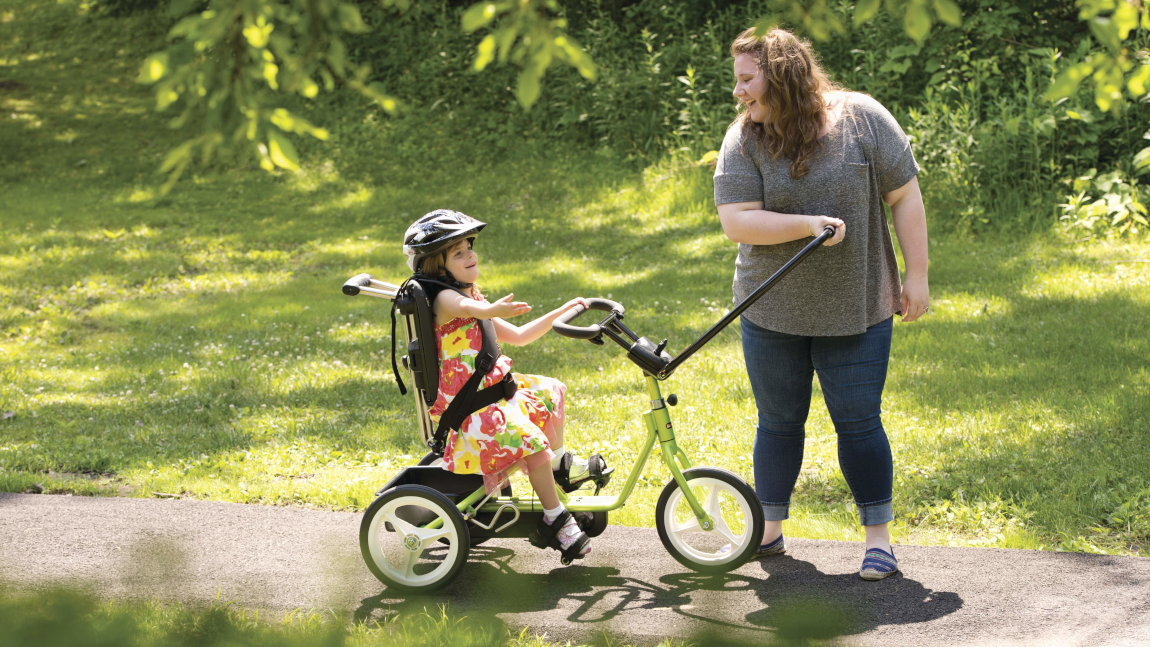
Astris PME has been expanding its range of leisure and recreational equipment options to contribute to enhancing quality of life. The team go the extra mile to ensure tailored solutions are found to better manage your preferred FUN experiences.
Enjoy the sunny outdoors with Rifton tricycle or the Schuchmann Momo therapy bicycle and trike. These adaptive cycles offer supportive seating options and accessories to permit participation with or without a carer/parent or alongside peers or family members. The support options offer variable trunk and pelvic supports, low centre of gravity for safe transfers and rear or front carer steering options depending on preference. The option of using a stationary stand permits use of the Rifton tricycle indoors for exercise.
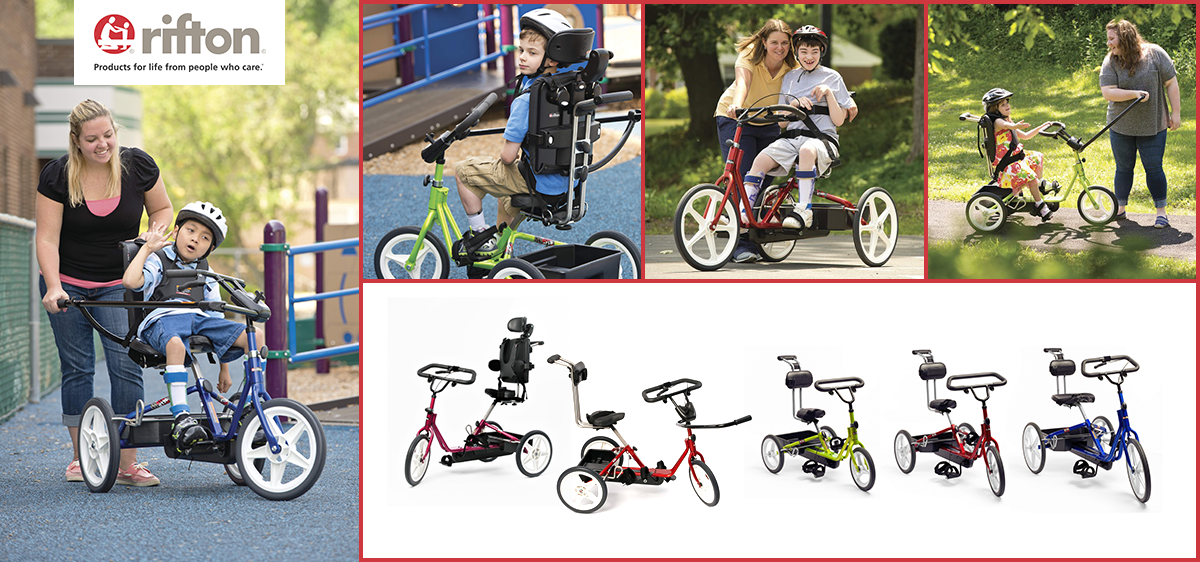
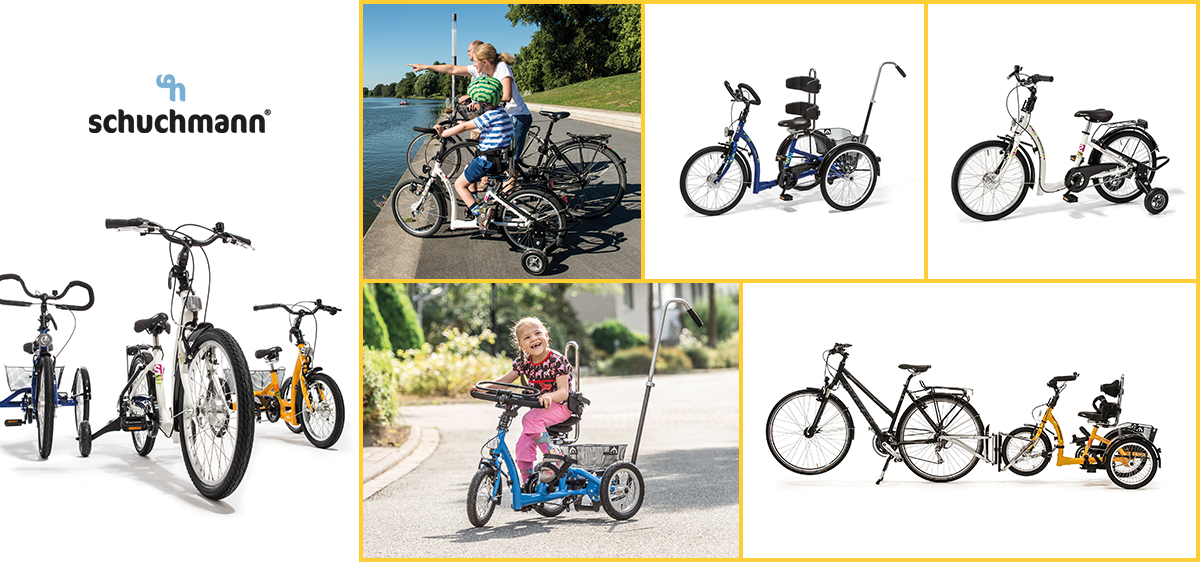
Going to the beach for individuals with limited mobility is now possible with the Hippocampe All Terrain Beach Wheelchair enabling use on sand, in swimming pools and on snow. Choose the accessories to suit your preferred environments to access. Consider all-terrain buggy options for a safe and convenient approach to outdoor access with younger and older children to continue to enjoy hiking trails, and access of parks and other outdoor social activities.
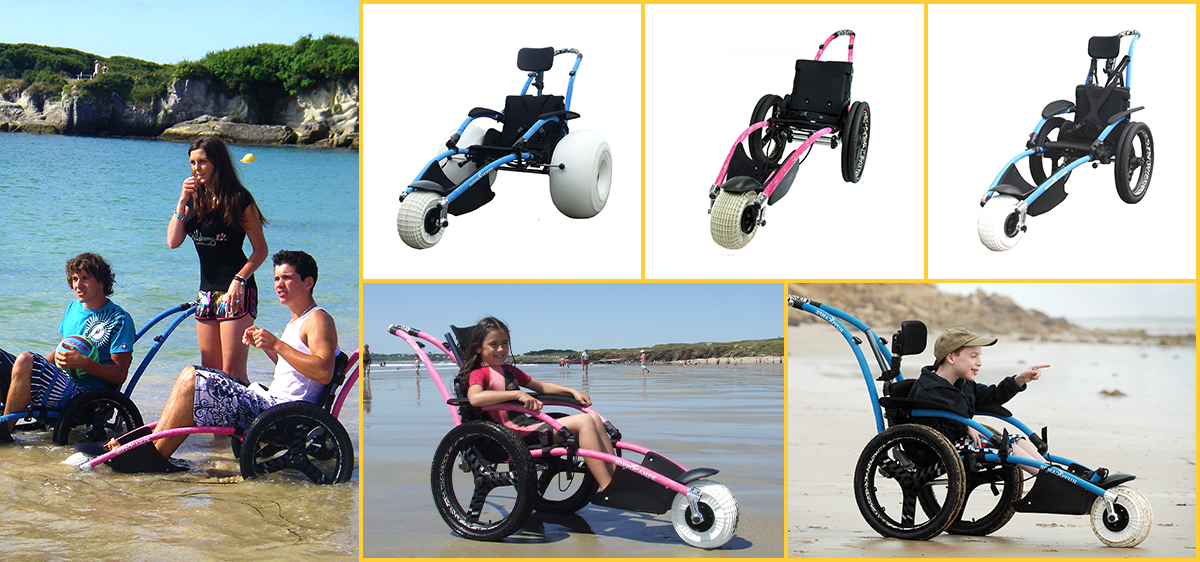
You may also want to consider power assist options for adults and children, to manage access to outdoor experiences, including use over varying distances. The use of power assist devices help reduce stress and strain on the upper limbs associated with frequent manual wheelchair propulsion or carer strain. And when you are out and about, they provide plenty of fun!
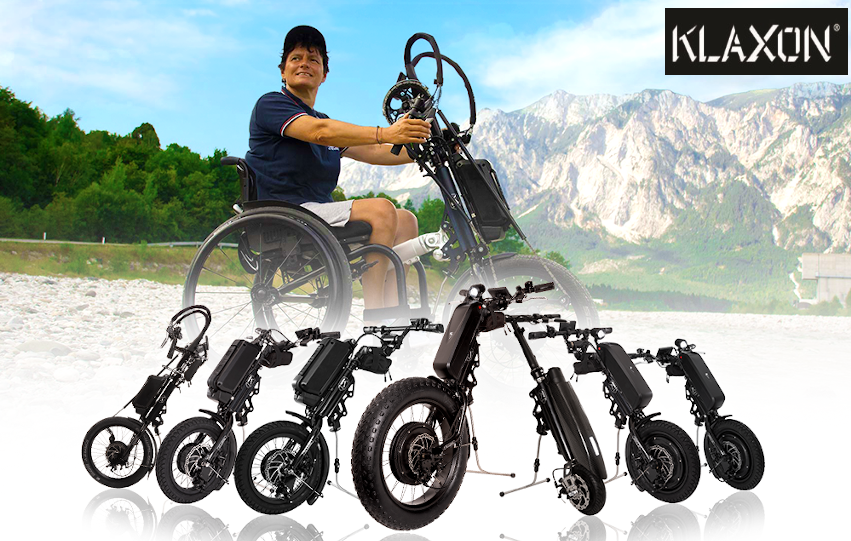
Consider whether your NDIS plan or other funding body supports sourcing relevant assistive technology to participate in physically active leisure and recreational activities. More specifically:
- Ensure that your funding plan includes goals related to leisure and recreational activity access and participation. The NDIS Core budget is the most flexible, and includes Assistance with Social and Community Participation (e.g. supports to enable you to engage in social or recreational activities).
- Has there been adequate thought given to the suitability of the preferred AT for the participant’s skill level and if not what possible accessories and or training is required to build the required skills to facilitate participation using the identified Assistive Technology?
Contact the Astris PME product consultants who can talk you through suitable options, accessories and to trial your preferred leisure and or recreational products. Call 1300 131 884.
For more information on the NDIS Core Budget: http://bit.do/fFPcf

